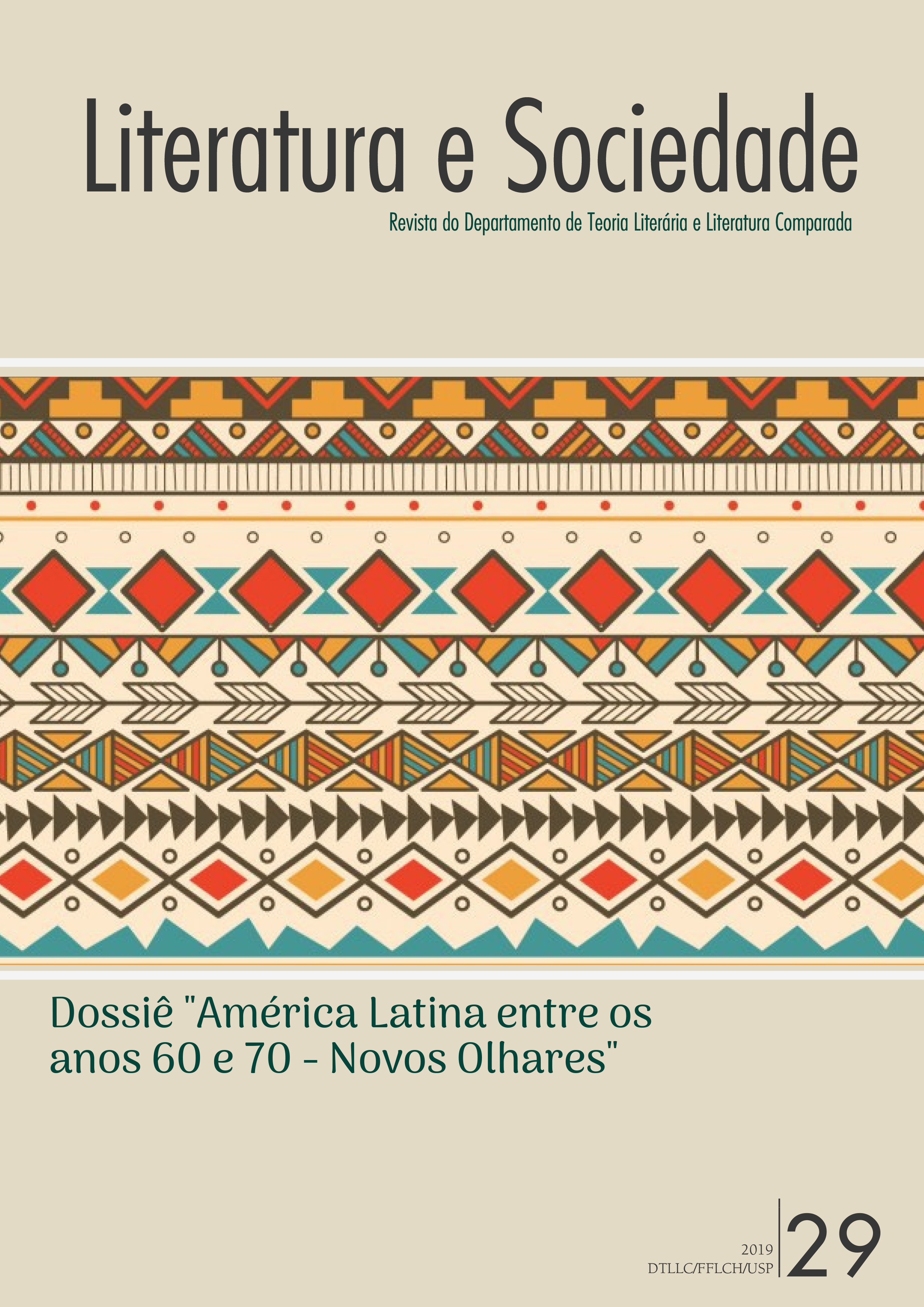Quarup: a sentimental diseducation by the people
DOI:
https://doi.org/10.11606/issn.2237-1184.v0i29p13-32Keywords:
Coming on age novel [Bildungsroman], people, affects, 1960sAbstract
The 1960s is not only a decade of profound social, technical and cultural changes, but also of effects within the scope of the subjects' affections, whether of the collective subjects, or of the individual subjects. At the same time, the shaping of these new affects influences social and cultural transformation. In its fundamental structure, the novel Quarup corresponds to that of a coming on age novel (Bildungsroman), although it presents — according to our reading — two basic modifications, which exactly correspond to the circumstances of the 1960s: the protagonist's learning process is no longer oriented towards apparently objective (bourgeois) values and norms, but rather follows the protagonist's affective relationship with the “people”. This learning process necessarily becomes an experience of “diseducation”, leading the character to the release of traditional values and norms. However, the people as subject, in whom this affective transformation takes place, evinces also a crisis during the period that is staged in Glauber Rocha's film Terra em transe, which has been widely discussed by Fernando Gabeira, Roberto Schwarz and Caetano Veloso.


